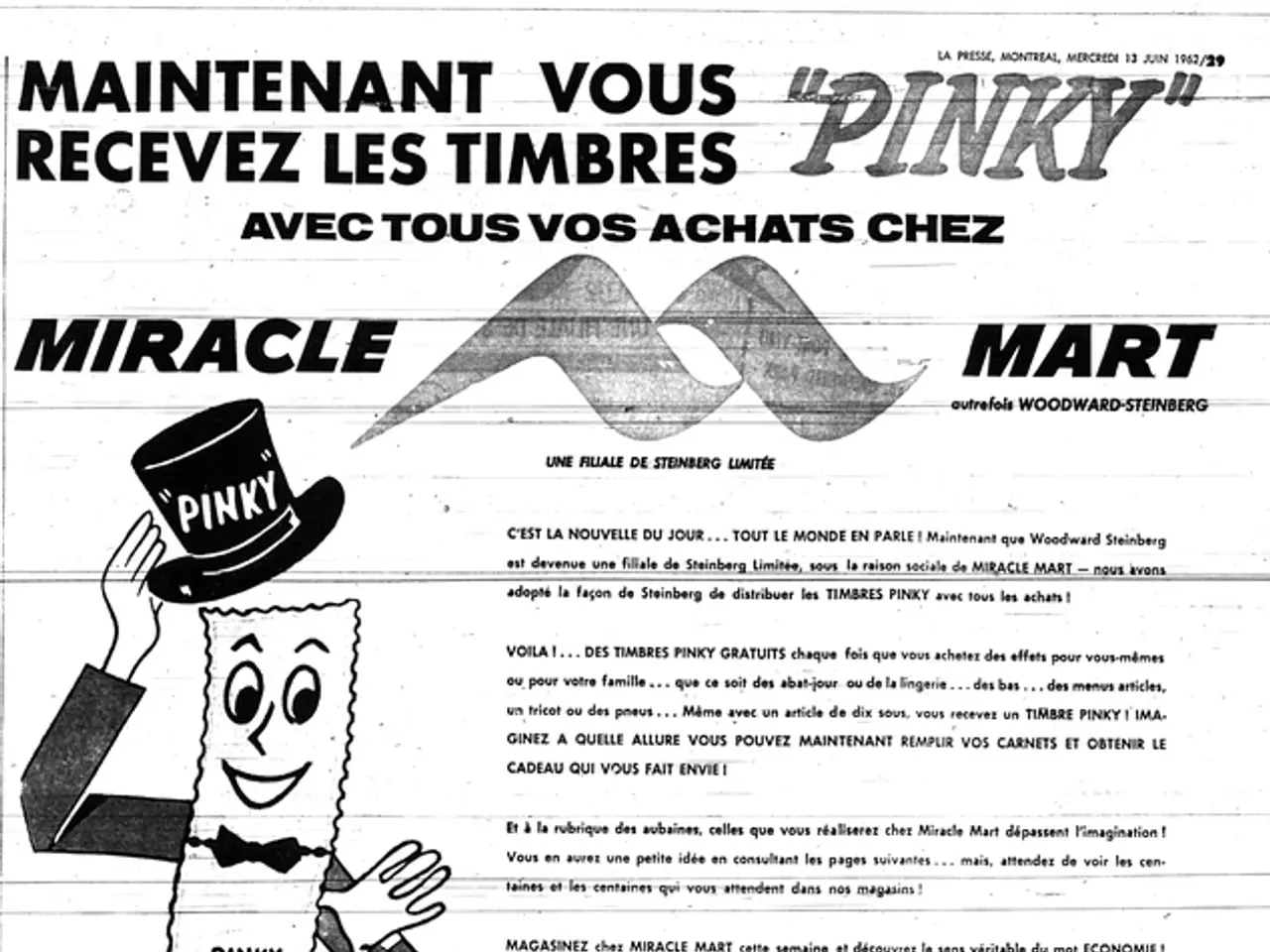Strategies and Techniques for Promoting Independent Video Games:
In the bustling world of video game development, making a splash on the Steam platform can be a challenge. But with the right strategies, it's possible to make your game stand out from the crowd, according to marketing expert Chris Zukowski of HowToMarketAGame.com.
First and foremost, Zukowski emphasizes the importance of choosing the right genre before starting development. This decision is critical, as it sets the tone for your marketing efforts and helps players understand what kind of game they're getting.
To help with this, Zukowski consistently recommends hiring a capsule artist to create a professionally designed capsule and thumbnail for your Steam page. Quality visuals are key, as they can instantly grab a player's attention and communicate the essence of your game.
Clarity, timing, and genre fit are crucial when marketing a game on Steam. According to Zukowski, demos should be live well before Steam Next Fest to ensure they are bug-free and to build momentum. He also advises pushing the 'email wishlisters' button on Steam two weeks after launching a demo.
Avoiding common pitfalls is equally important. Not treating a Steam page like a proper launch is a common mistake, as announced games should have their Steam pages ready. Incomplete or unclear information, poor-quality images or videos, lack of social proof, and mis-tagging the game’s genre are all pitfalls to avoid.
To make the biggest impact, your Steam page should make the type of game obvious immediately. Use clear, compelling visuals, a concise game description, and categorical tags that match the genre and gameplay style. Highlight unique features, gameplay mechanics, or experiences that set your game apart, using trailers, screenshots, and a strong headline to demonstrate the game's appeal and quality.
Preparing for Steam events like Steam Next Fest can also help you gain exposure. Use these events to showcase a polished, ready-to-play demo and update your page with fresh content and interactions to attract and retain interest.
Beyond your Steam page, supplementing it with additional marketing assets can help build visibility. Link to community hubs, social media, or forums for player engagement, and maintain updated press kits or developer blogs to build visibility beyond Steam itself.
In the end, Zukowski stresses that your Steam page should quickly tell visitors "what this game is" and "why it’s worth playing" through clear, attractive, and honest presentation. By following these tips, you can optimize your Steam game page for better visibility and sales.
For more detailed advice from Chris Zukowski, check out his website, HowToMarketAGame.com, and the evolving archive of Q&As, VODs, and live streams on The Unity Indie Survival Guide.
- Incorporating interior design ideas in a game's environment can enhance its visual appeal, making it more attractive to potential players.
- Cooking games are a popular choice for many gamers, offering an immersive experience in a widely enjoyed lifestyle activity.
- Fashion and beauty, including virtual try-ons or designing outfits for characters, can add depth to a game's appeal, appealing to a broad audience.
- Food and drink simulations, both realistic and whimsical, can be a prime draw for players, offering a unique blend of gaming and lifestyle experiences.
- Home and garden games, allowing players to design and maintain virtual homes or gardens, can provide a therapeutic escape from daily life.
- Recipes shared on Facebook or other social media platforms can inspire players to recreate dishes from their favorite games.
- Gadgets and smartphones, especially those with unique features or functionalities, can serve as engaging elements in a game's setting or mechanics.
- Technology, particularly cutting-edge advancements, can be intriguing additions to the world of a game, sparking players' curiosity.
- Books on game development, marketing, or general game play can be valuable resources for aspiring game creators.
- Social media, when used effectively, can help build a community around a game, fostering engagement and discussion.
- Entertainment news and discussions can provide insight into emerging trends in the gaming industry, informing the development of new games.
- Sports, including football, basketball, baseball, hockey, golf, and more, can serve as engaging themes or elements in various games.
- Following European leagues like the Premier League, Champions League, Laliga, and tennis tournaments can offer inspiration for sports-themed games.
- Weather forecasting and reporting, when integrated into a game's mechanics or setting, can create a more immersive and realistic gaming experience.
- Auto racing, mixed martial arts, horse racing, and other racing events can serve as compelling themes or elements in racing games.
- Sports analysis, whether through live streams, podcasts, or articles, can provide valuable insights for the development of sports-oriented games.
- Sports betting, including fantasy leagues, can engage players in sports-themed games on a new level.
- Marketing a game, be it on Steam or other platforms, involves understanding the market and exploiting digital trends, such as the rise of mobile gaming, virtual reality, and esports.




